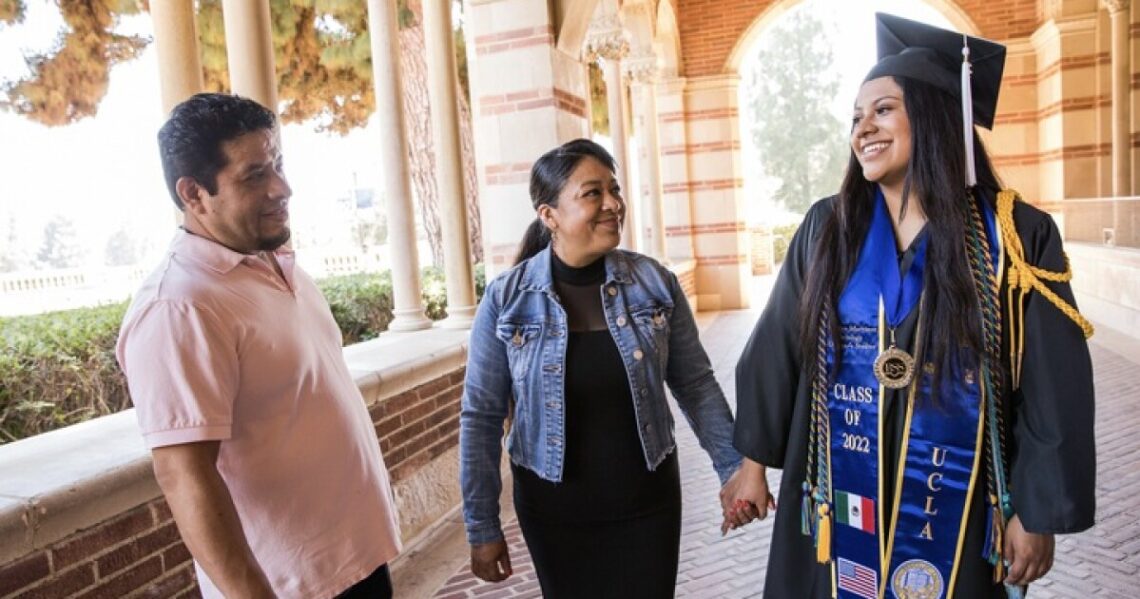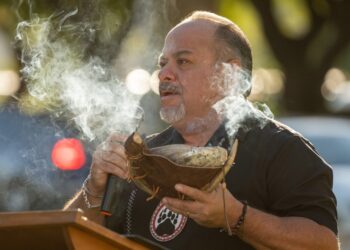Marilyn Martinez said she graduated high school wondering if she was “good enough.”
She was one of a handful of Latino students at a predominantly white campus, where many of her classmates’ parents had careers in law and medicine. No one in Martinez’s family had gone to college. Her teachers steered her away from Advanced Placement courses.
Compared with her classmates, Martinez often felt she was lacking.
“I was doing well,” she recalled. “But I wasn’t thriving.”
After she enrolled at Pasadena City College, however, Martinez bloomed. A counselor called her in to say she had the grades to transfer anywhere.
“Even Harvard?” she joked.
“Yes,” he told her. And he wasn’t kidding. The community college staff encouraged Martinez to be ambitious.
And to pursue her academic goals, she wanted the kind of support she didn’t get in high school.
Research shows most community college students aspire to earn a bachelor’s degree, but only about a third transfer to a university. The numbers are even more dismal for students who’ve been historically underrepresented. What kind of guidance these students receive can often be critical to whether or not they transfer and graduate.
When Martinez thought about next steps, she knew she wanted to stay close to home. On a campus bulletin, she saw a flyer for a program at UCLA, geared at helping prospective students transfer. She applied on a whim, in part because it promised a chance to live in the dorms. That program proved to be transformative.
Martinez went on to earn a bachelor’s degree at UCLA. Today, she works for that program, helping others do the same.
What does the Scholars…
Read the full article here







